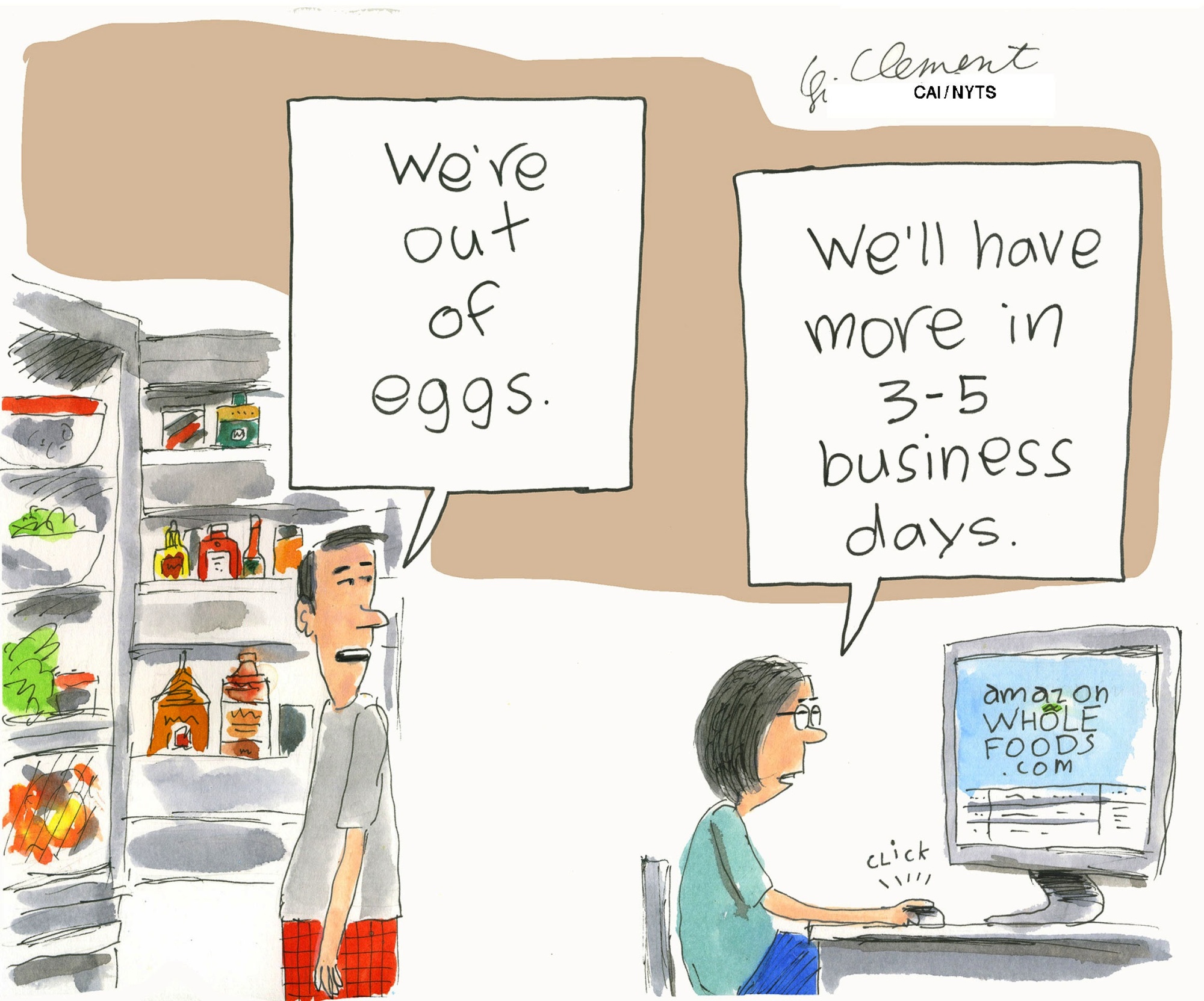Don't worry, the robots won't destroy all our jobs. History suggests just the opposite — that new technologies inspire new jobs. So concludes a study from leading labor economists. It's a useful antidote to widespread fears that robots and "artificial intelligence" will displace millions of workers and lead to permanently high joblessness.
No doubt, the anxiety is real. Despite a low unemployment rate, 4.4 percent in June, roughly a quarter of Americans (26 percent) think their present job will be eliminated by new technologies within the next two decades, according to a recent Gallup poll. Half those jobs supposedly would vanish within five years. The Gallup report mentioned truck drivers (vulnerable to self-driving trucks), taxi drivers (already threatened by Uber) and surgeons (facing robotic operating machines).
The new study doesn't deny that jobs will be lost. But that's not the end of the story, say David Autor, as well-known labor economist at the Massachusetts Institute of Technology, and his collaborator, Anna Salomons of the Utrecht University School of Economics. Jobs have been lost before to new technologies, but these very same technologies also create productivity increases — efficiency gains — that usually generate more jobs than were initially lost.



















With your current subscription plan you can comment on stories. However, before writing your first comment, please create a display name in the Profile section of your subscriber account page.